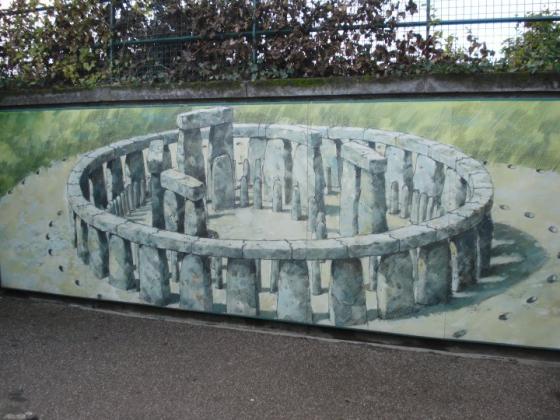tjj wrote:
tiompan wrote:
moss wrote:
Well perhaps one word will give a clue to exploration..'phenomenological', this perhaps is where some of the new archaeologists are coming from, experiencing the landscape through a 'thought' process of what it might have been like at that particular time of history.. It is a subjective approach, the old objective 'interpretation' of earlier archaeology has been dissed for a new modern approach;).. Julian Thomas is a phenomenologist I believe, cant say about the others, and I think MPP has been criticised to some extent for a reliance on other cultures to interpret Stonehenge... in the game of theories you can never arrive at an ultimate truth, unless of course you're Dr.Who...
I think if the next generation become any more phenomenological then MPP will seen as comparatively acceptable . Hopefully there will be a reaction and maybe a return to the less subjective .A more objective approach like Anthony Johnson might be a start although he is a wee bit too established to be considered "new generation "For anyone like me who didn't know what phenomenology means .... or is this just another method of making the subject of archaeology inaccessible to all but the sanctified few.
